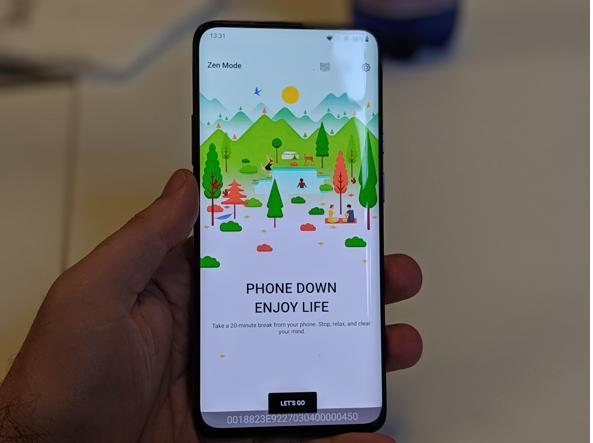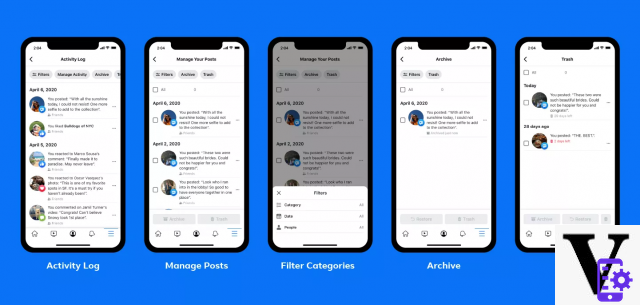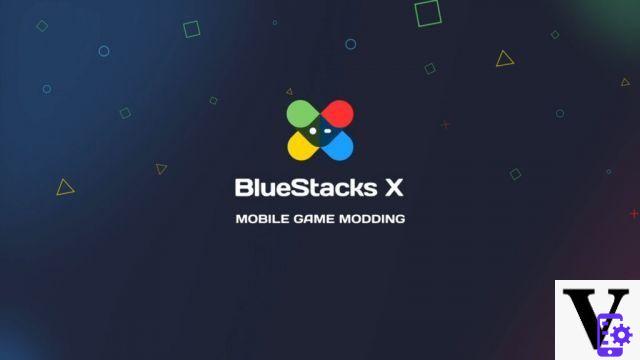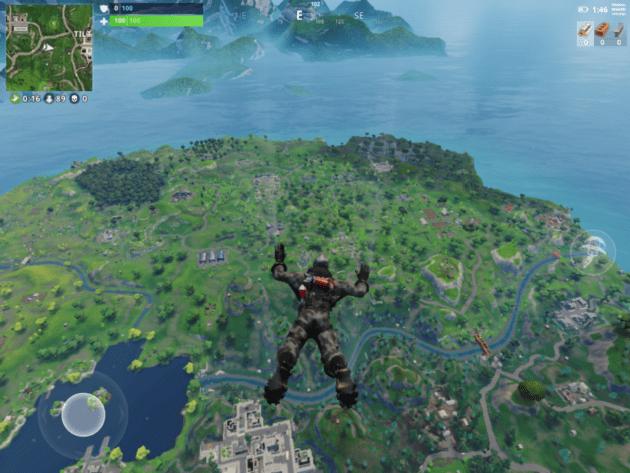What is the first instinctive reaction, when it appears on the screen of your console or TV "Game Over“? A feared phrase bordering on phobia and psychosis, a screen to be deleted immediately or a stimulus to improve one's performance and go beyond the obstacle of defeat? The concept of “Game Over” in video games, almost always associated with the death of one's character or protagonist, can be observed under a thousand facets, which can be analyzed from a technical and socio-cultural point of view, as well as a psychological one.
Da permadeath a “no-death”
There is not a single player in the world who has not experienced the game over, an often bitter conclusion and with very few and sip chances to restart the game when you still went to the dear, old ones games rooms. Here the real "strong power" was dictated by the tokens and their availability (as well as the coins in our wallet).
At the time, the tension was high even before inserting the token into the cabinet, waiting for the game to start and, with the adrenaline skyrocketing, the very tenacious AI or a friend or a brother challenged each other, equally "gassed" and hungry for victory. Being victorious was practically impossible, especially for an economic logic that otherwise would have struggled to stand up.
 But time passes, water has flowed under the bridges and video games have become increasingly popular in our homes, passing from the physical to the digital version, becoming an increasingly complex medium. A complexity dictated not only by the natural technological evolution, but also (and above all) by the variations undergone by the gameplay mechanics. These have profoundly influenced both the game design and the approach of the players, as an obvious consequence.
But time passes, water has flowed under the bridges and video games have become increasingly popular in our homes, passing from the physical to the digital version, becoming an increasingly complex medium. A complexity dictated not only by the natural technological evolution, but also (and above all) by the variations undergone by the gameplay mechanics. These have profoundly influenced both the game design and the approach of the players, as an obvious consequence.
What happened? Video games have become increasingly challenging, engaging, engaging, permeating the everyday life of a large number of players. The dynamics of the game, with the introduction of trophies, unlockable achievements or multiplayer mode, are now an invitation to focus more and more on the challenge itself.
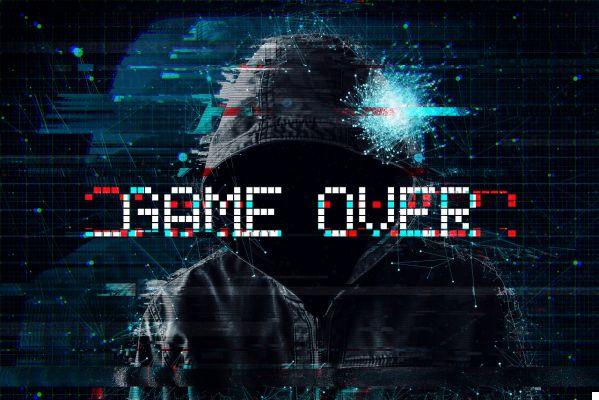
Playing for "completeness": the word to the expert
Let's also not forget the desire to want complete a game as soon as possible, both to demonstrate their skills and to try (often with great difficulty) to recover the backlog of games accumulated over time. And if the goal is to finish a game, what will our archenemy be? Let's go back to the starting point and meet none other than the game over.
So let's go back to the last save point, even at the beginning of the level in the most "bad" games, we fall on the battlefield relentlessly in the worst Nioh, Doom, Sekiro – Shadows Die Twice and so on. The opposite pole of many games, first of all the famous Journey, where the experience of exploration and pure gameplay are the masters and the idea of game over is not conceived. An increasingly heterogeneous and fragmented panorama in which to orient oneself.
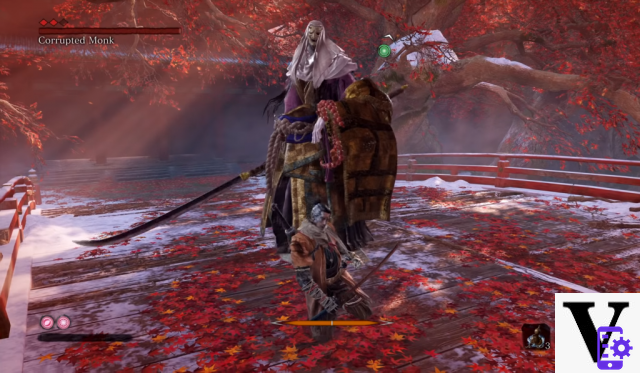 But why have things changed so much over time? What happens to the players? He answers these questions Andrea Zanacchi, a psychologist specializing in Communication, Empowerment and Wellness, talks to us about this topic starting from his daily experience in the sector, thanks also to the foundation of Horizon Psytech, a company founded in 2016 with other psychologist colleagues with the aim of combining psychology and new technologies.
But why have things changed so much over time? What happens to the players? He answers these questions Andrea Zanacchi, a psychologist specializing in Communication, Empowerment and Wellness, talks to us about this topic starting from his daily experience in the sector, thanks also to the foundation of Horizon Psytech, a company founded in 2016 with other psychologist colleagues with the aim of combining psychology and new technologies.
"Surely both the expansion of the market videogame, that the spread of consoles (portable and not) they have changed the way of using the medium and its shape. New genres were born and the knowledge of indie titles was also allowed, which have the advantage of not having to submit to certain requirements dictated by the market, and can offer new gameplay experiences.
The risk of owning many games, all together, is that of not enjoy the experience of the single video game because you immediately think about the next one. The risk is play for completeness, not for the pleasure of the experience itself. In this trophies and achievements, in addition to their public nature (and therefore intrinsically inviting to competition) they can represent a incentive element for this type of behavior. In fact, they suggest a way to enjoy the game, and therefore a "how to", which may not necessarily correspond to the preferred game mode that the player would adopt if he were left free ".
You have to know how to lose. Or not?
Do you have to know how to lose or not? "Losing is an integral part of every game and knowing how to lose is fundamental in the gaming field. The defeat forces a further attempt by the player who, when he finally reaches the victory, is invested by positive emotions that increase self-esteem and positive self-perception. To date, many video games have been simplified compared to their predecessors (think of Pokèmon) to make them usable by the general public, but this is not necessarily appreciated by all users.
There are gamers for whom thehe challenge, and the frustration of the game over, are integral parts and fundamentals of the gaming experience. Thinking of successful titles like Dark Souls, the possibility of losing is what gives value to victory. In some video games, such as in the series of Fire Emblem, the character's death is permanent. The perma-death totally changes the experience, where the game over (or the death of the character) takes on a different meaning.
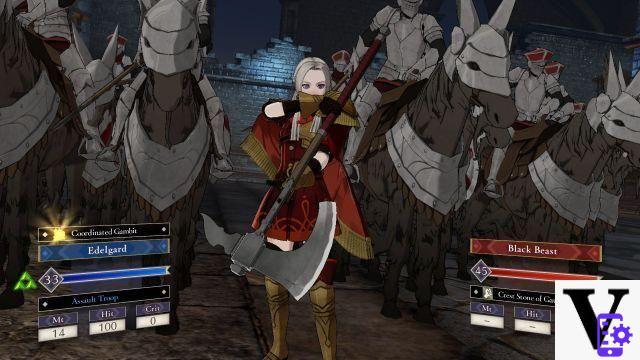 The experience and the way of playing changes, the player is more vulnerable and engages much more in the game action. In a scientific research carried out by the psychologist Keogh (2013), perma-death status has been imposed on some players of Minecraft. The result? The fear of permanent death of the character it didn't alter the gameplay too much, but it gave it enormous narrative weight to Minecraft and a greater empathy towards the virtual character ”.
The experience and the way of playing changes, the player is more vulnerable and engages much more in the game action. In a scientific research carried out by the psychologist Keogh (2013), perma-death status has been imposed on some players of Minecraft. The result? The fear of permanent death of the character it didn't alter the gameplay too much, but it gave it enormous narrative weight to Minecraft and a greater empathy towards the virtual character ”.
Mourning through video games
Death is not only in video games, but it is also a natural and biological moment of human life, so unsettling and often difficult to accept due to the change it can bring to everyone's life. The video game thus it also becomes a moment of leisure and of mourning processing. Andrea Zanacchi he continues, explaining that “video games are certainly one of the many tools for escaping reality. Some video games can represent an aid to calm anxious and uneasy states which can be caused by grief from bereavement, such as, the notoriously relaxing gameplay of Animal Crossing.
Video games and new technologies can definitely be valid tools in bereavement therapy. Even newer technologies such as virtual reality can be useful in computing. Obviously, technology itself is not enough and, like all tools, even video games to be used in a therapeutic way they need dell 'coaching with a professional. We also think about Rhyme, videogame that allows the player to understand and pass through the different stages of mourning ".
 He also dedicated a reflection to this video game Pia Colucci, graduated in Clinical Psychology and currently in an internship at a company that deals with elearning and gamification, as well as following a master's in HR: "For me, video games have always been a means to escape from the difficulties of everyday life, a sort of small refuge, where I could demonstrate my skills and where I could empathize with the characters involved. I think that the videogame medium is fundamental and necessary for the elaboration of mourning.
He also dedicated a reflection to this video game Pia Colucci, graduated in Clinical Psychology and currently in an internship at a company that deals with elearning and gamification, as well as following a master's in HR: "For me, video games have always been a means to escape from the difficulties of everyday life, a sort of small refuge, where I could demonstrate my skills and where I could empathize with the characters involved. I think that the videogame medium is fundamental and necessary for the elaboration of mourning.
Unlike watching a movie, or reading a book, the video game it makes you participate in everything that happens. Defeat monsters that can symbolize fear or despair, implement strategies to move forward, solve puzzles. We therefore become protagonists of the 360 ° story, reactivating in us a sense of self-efficacy and self-esteem which is triggered when we lose someone dear to us ".
Death is (not) a game
Pia continues with her testimony: “However, with great amazement, I noticed that the“ therapeutic ”function of video games did not help when I had to deal with the loss of my grandfather. If before for me video games had only to describe positive situations, I recently explored titles that have to do with grief and the loss: RiMe and To The Moon. They were fundamental experiences because I have come to terms with the elaboration of my grief e they helped me not to feel alone in my pain. I felt happens thanks to the game dynamics, to the dialogues I read and the faithful reproduction of the experience of mourning.
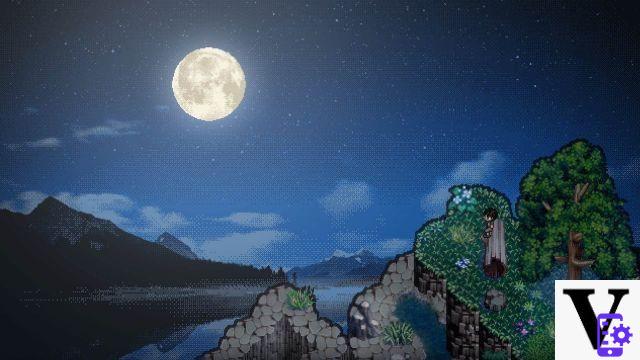
To The Moon was a way to better understand the last moments of my grandfather's life and of all the people who die after a long illness. What are the thoughts accompanying these people's last days? And if they could fulfill their last wish, what would it be? Something tangible or unrealistic like "going to the moon"?
These are questions that I cannot answer, yet the ending of To The Moon is as if it had already given me an answer, albeit a fictional one. As if all the happiness accumulated in a person's life had come together in the last seconds of his life, disappearing with his last breath. There is no better similarity, and To The Moon manages to recreate it effectively. I felt relieved, empathetic, as if I had been actively living. I felt good, once again, in letting go of these emotions, as it should be ”.
Tagsgame over death permadeath psychology video games Game over. Is the game really over?



